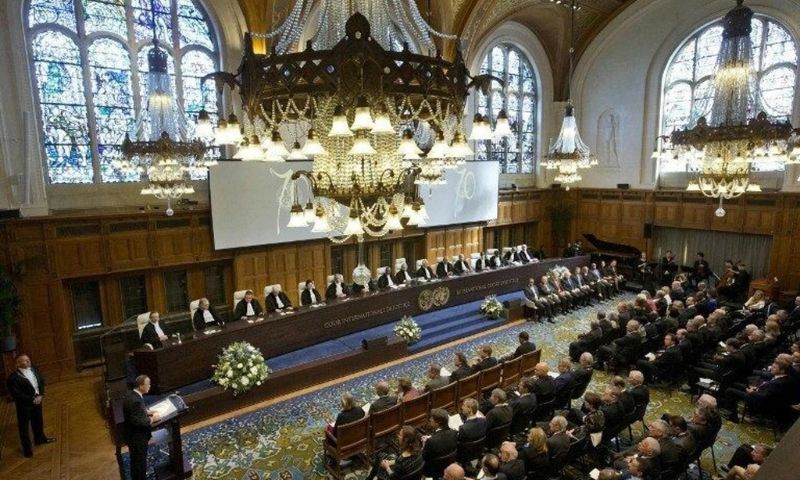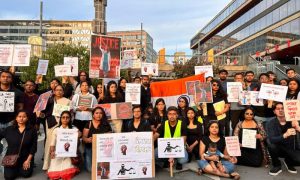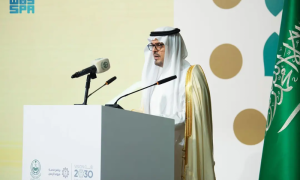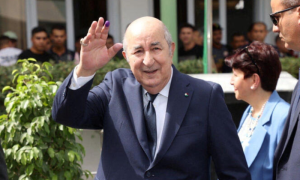THE HAGUE: The International Court of Justice (ICJ), the United Nations’ top court, has rejected most of Ukraine’s allegations against Russia of financing “terrorism” in eastern Ukraine. The ruling, issued on Wednesday, acknowledged that Moscow had failed to investigate alleged breaches but dismissed most of Ukraine’s submissions.
Kyiv had labeled Russia a “terrorist state,” alleging its support for pro-Russian separatists in eastern Ukraine foreshadowed the full-fledged 2022 invasion. Ukraine sought compensation for all civilians affected by the conflict, including victims of the downed Malaysia Airlines flight MH17.
The ICJ’s statement clarified that Russia was found to be “failing to take measures to investigate facts… regarding persons who have allegedly committed an offense.” However, the court “rejected all other submissions made by Ukraine.”
The case predated Russia’s 2022 invasion, and the ICJ is set to determine on Friday whether it has jurisdiction in a separate case related to the war.
The court emphasized that only cash transfers could be considered support for alleged terrorist groups under the international convention on terrorism financing, excluding means like weapons or training camps. The alleged supply of weapons to armed groups in Ukraine was deemed outside the scope of the convention.
Ukraine’s Allegations Against Russia
Russia faced additional scrutiny for alleged breaches of an international convention on racial discrimination in its treatment of the Tatar minority and Ukrainian speakers in occupied Crimea. The court found Russia had not taken sufficient measures to enable education in Ukrainian.
The case, initiated in 2017, involved extensive hearings and document submissions, part of Ukraine’s broader legal strategy against Russia. Ukraine has pursued legal action in areas such as maritime law and alleged human rights abuses, a strategy often referred to as “lawfare.”
Throughout the proceedings, Russia’s ambassador to the Netherlands, Alexander Shulgin, accused Ukraine of “blatant lies and false accusations.” Ukrainian diplomat Anton Korynevych countered, accusing Russia of attempting to “wipe us off the map” and highlighting Russia’s actions in illegally occupying Crimea since 2014.
In a similar move in 2017, the ICJ had rejected Kyiv’s initial request for emergency measures to halt Russia’s funding of separatists. The ICJ, based in The Hague, handles state disputes, and its rulings are final but challenging to enforce. Despite an emergency ruling in 2022 calling for a halt to Russia’s invasion, the court has limited power to enforce its decisions.






















